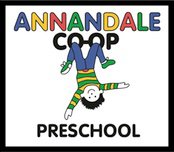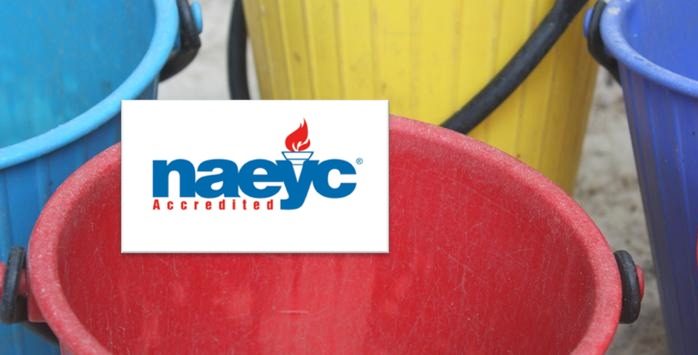Gearing up to hit the road this holiday season? Maybe you are loading your smartphone or tablet with a few apps to keep your little one occupied. With thousands of “educational” apps to select from, how do you know which one to choose? At the Fred Rogers Center, Michael Robb outlines four characteristics, or pillars, to help parents evaluate if an app is indeed educational. Here is what you should look for in an app:
- Active participation. Children should be more than hands-on, they should be minds-on. Look for apps that require deep mental effort and not just quick reaction times or mindless swiping.
- Sustained engagement. Well-made educational apps keep users engaged with activities and immediate feedback that are related to learning goals, and do not distract with unnecessary animations, sounds, or games that do not add to children’s understanding of the content.
- Meaningful connections. Apps that relate to children’s interests or prior knowledge are particularly well-suited for learning. Be careful of apps that present knowledge in a vacuum. For example, getting children to learn about shapes by showing them flashcards of shapes may be less useful than an app that helps children recognize shapes in the world around them
- Social interaction. Apps that encourage conversation, cooperation, and even competition with other people can deepen learning. Apps can even provide characters who socially respond to children’s input, and that children feel connections to. Keep in mind though that no app is as responsive (or as loving) as a live human partner!
Read Robb’s entire article What Makes An App Educational on the Fred Rogers Center Blog.

